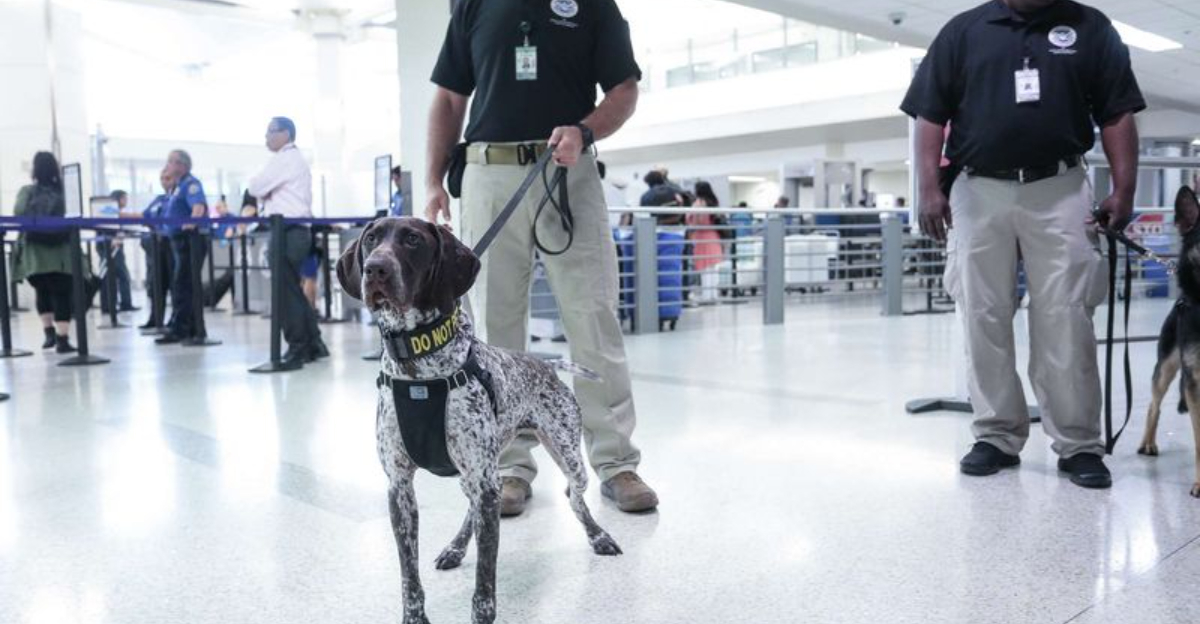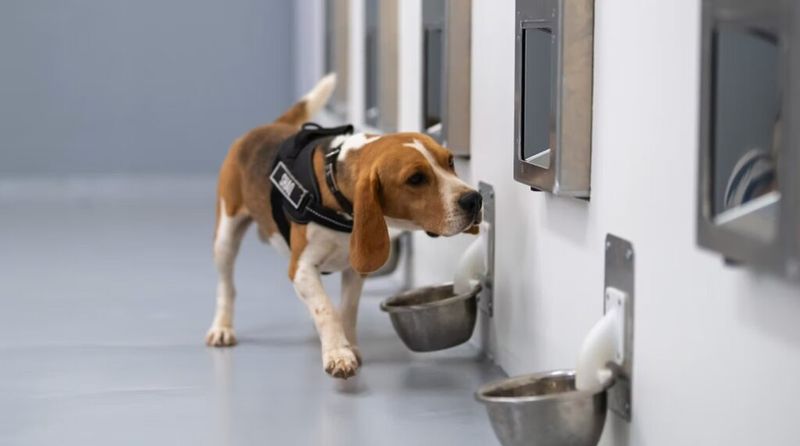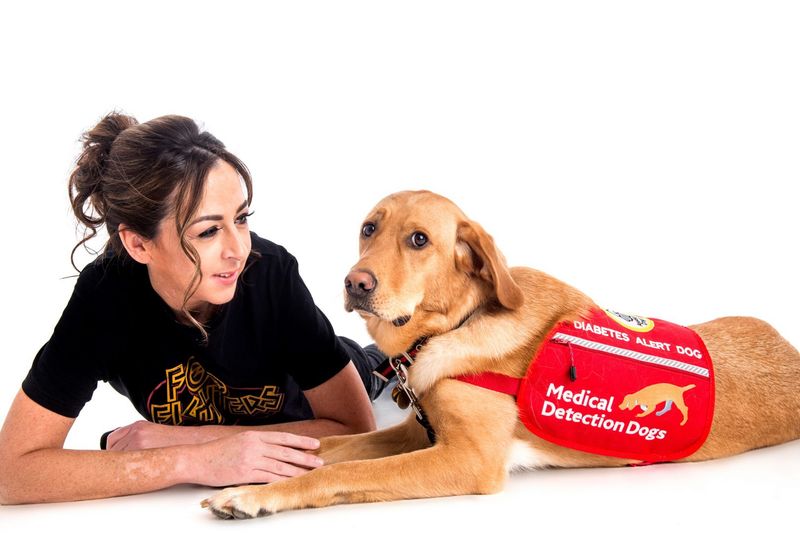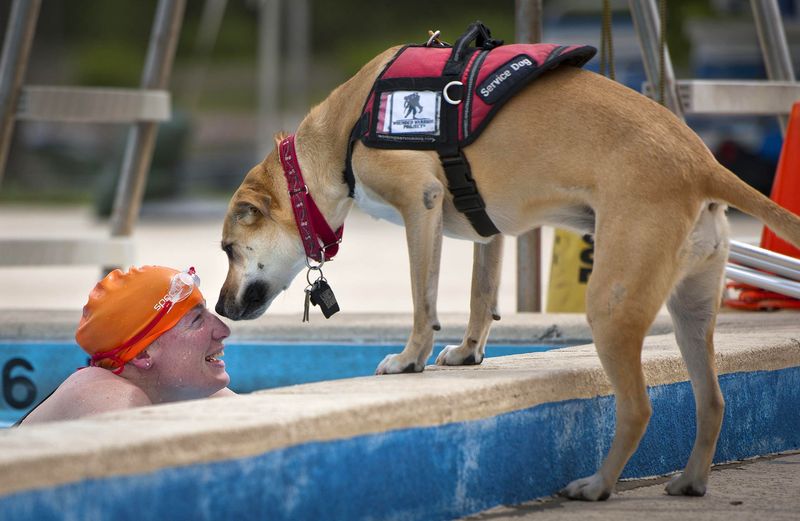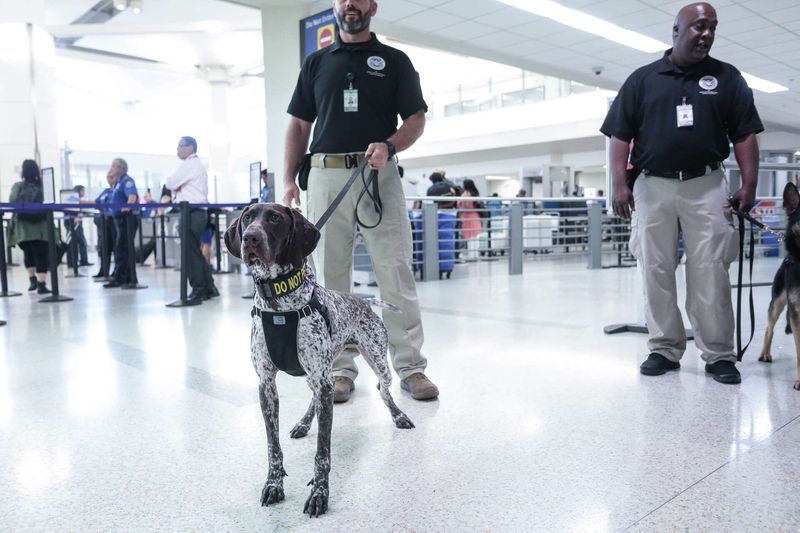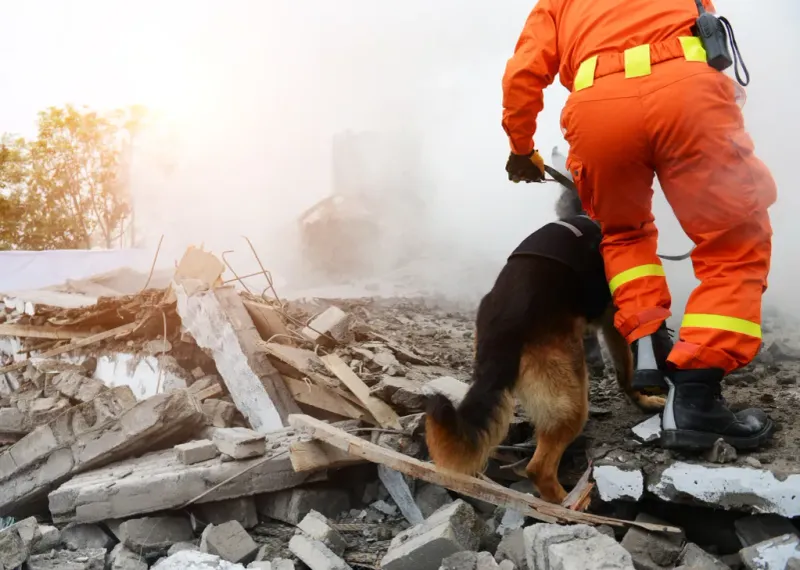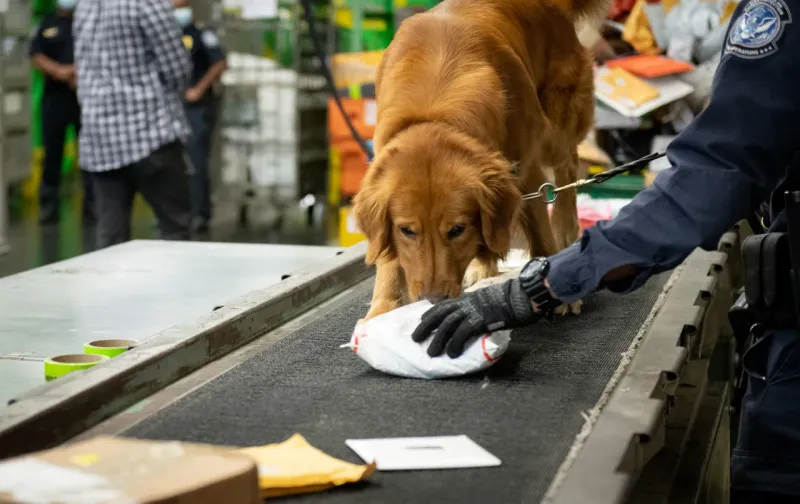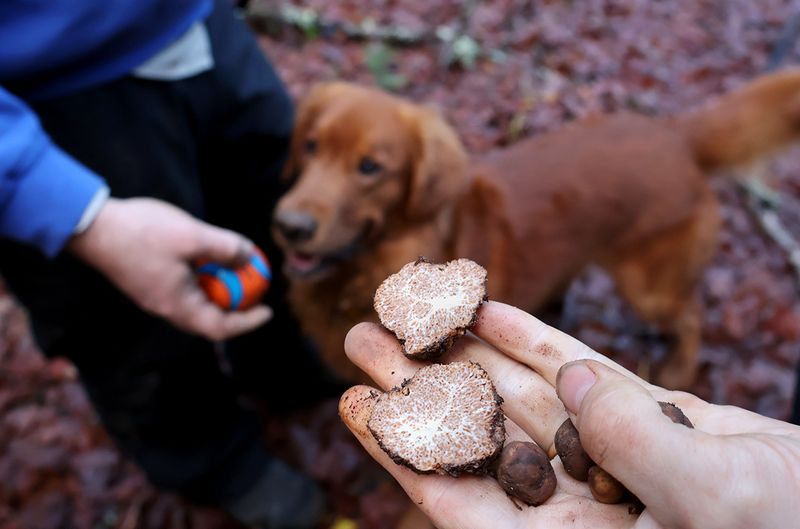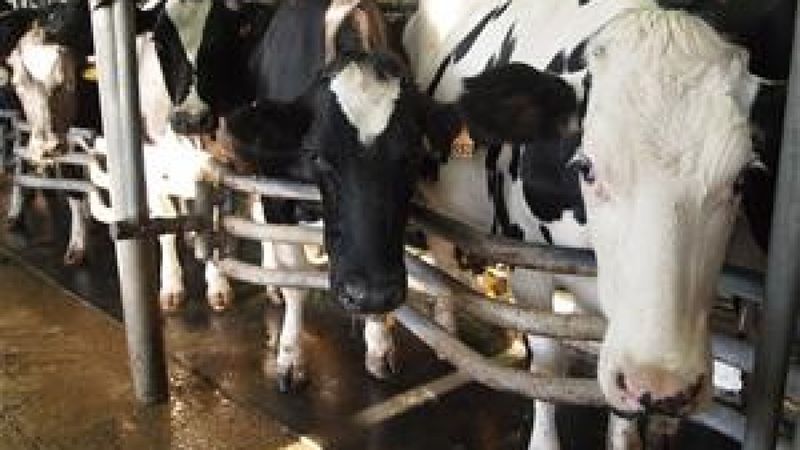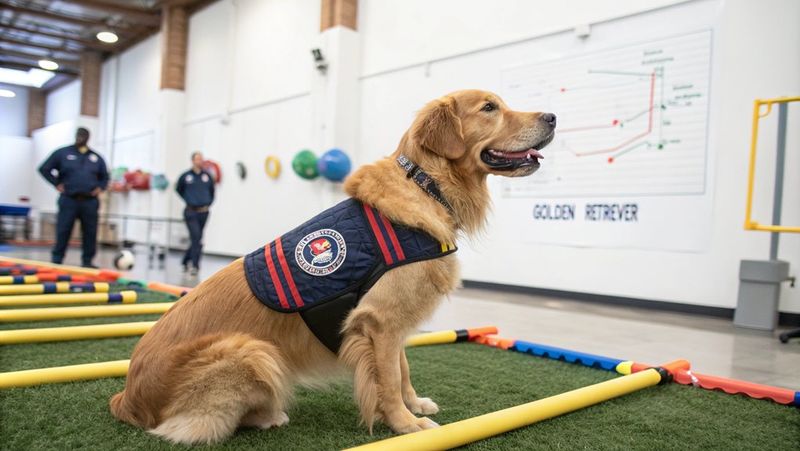Dogs have an extraordinary sense of smell that far surpasses human capabilities. This powerful olfactory skill allows them to detect odors that are invisible to our senses, providing insights into the world around them in ways we can’t even begin to imagine. Understanding what dogs can sniff out helps us appreciate their roles in various fields, from search and rescue to medical detection.
Cancer Cells
Dogs have the remarkable ability to detect cancer cells through their keen sense of smell. This is due to the volatile organic compounds (VOCs) that cancer cells emit, which are distinct from those of healthy cells. Consequently, dogs can be trained to identify different types of cancer, such as melanoma, breast, and bladder cancer.
Utilizing this talent in medical screenings, dogs provide a non-invasive, efficient method to aid early diagnosis. This has led to numerous studies and promising advancements in the field of cancer detection. Their contribution is invaluable, offering hope for more accessible cancer diagnosis methods.
Low Blood Sugar
For individuals with diabetes, a dog’s ability to detect low blood sugar levels is life-changing. This detection is possible because dogs can sense unique scents produced by the body during hypoglycemia.
These service dogs are trained to alert their owners before dangerous symptoms occur, providing a crucial, life-saving service. Their presence not only offers peace of mind but also enhances the quality of life for those affected by diabetes. Moreover, the bond between the dog and owner grows stronger, grounded in trust and life-saving capabilities.
Seizure Alerts
Dogs can anticipate seizures before they happen, giving them the potential to alert their owners in advance. This ability comes from their acute awareness of subtle changes in their owner’s scent or behavior that precede a seizure.
Seizure alert dogs are trained to respond to these cues, providing their owners with critical moments to prepare or seek safety. This skill not only ensures the owner’s safety during episodes but also fosters a deeper companionship built on protection and understanding.
Fear and Stress
Dogs have an uncanny knack for sensing human emotions, such as fear and stress. They can smell the hormones and pheromones released during these emotional states, allowing them to react accordingly.
Often, they offer companionship or physical contact, providing comfort and alleviating anxiety. This empathetic response not only brings emotional relief but also strengthens the emotional bond between humans and dogs, making them ideal emotional support animals.
Bed Bugs
Bed bugs are tiny pests that can cause big problems, but dogs are adept at sniffing them out. Their ability to detect the distinct scent of bed bugs makes them valuable in pest control.
Specially trained dogs can identify even a single bed bug, making inspections more efficient and effective. This skill significantly aids in early detection and treatment, helping to prevent infestations before they worsen. Their contribution in keeping homes pest-free is both impressive and practical.
Explosives
In the realm of security, dogs play a vital role in detecting explosives. Their exceptional sense of smell allows them to identify the chemical compounds found in bombs and ammunition.
These dogs undergo rigorous training to ensure they can perform in high-stress environments, such as airports or public events. Their presence not only deters potential threats but also provides a sense of security. The precision and reliability of these canine units are unmatched, making them indispensable in law enforcement.
Human Remains
For search and rescue teams, dogs are essential in locating human remains in disaster-stricken areas. Their noses can detect the unique scent of decomposition that humans cannot perceive.
These dogs are trained to work in challenging terrains and conditions, providing closure to grieving families by finding missing loved ones. The importance of their work cannot be overstated, as they bring resolution and peace in the aftermath of tragedies.
Drugs
The ability of dogs to detect illegal drugs is crucial for law enforcement agencies worldwide. These dogs can identify a wide range of narcotics through their distinct scents, even when concealed.
Their work is vital in border security, airports, and public safety operations. Trained drug-sniffing dogs not only help in controlling illegal drug trafficking but also deter criminal activities. Their effectiveness is a testament to their training and innate olfactory abilities, making them a major asset in crime prevention.
Cadaver Dogs
Cadaver dogs are specially trained to locate deceased individuals, an essential task in forensic investigations. Their ability to smell decomposition even after a body has been buried or concealed is astounding.
They can cover large areas quickly, making them invaluable in search operations. By providing closure to families and aiding in criminal investigations, these dogs serve a vital role in law enforcement and forensic science.
Truffles
The world of gourmet cuisine values dogs for their ability to sniff out truffles, a rare and expensive delicacy. Dogs can locate these subterranean mushrooms by detecting their unique aroma.
Unlike pigs traditionally used for truffle hunting, dogs do not eat the truffles, making them efficient partners for foragers. This skill is not just economically beneficial but also highlights the diverse applications of canine olfactory talents.
Ovulation in Cows
In the agricultural sector, dogs assist farmers by detecting ovulation in cows through scent. This ability enhances breeding programs by indicating the optimal time for insemination.
The use of dogs in this role improves breeding efficiency and success rates, providing economic benefits to farmers. Their contribution to agriculture showcases the broader spectrum of tasks that dogs can excel in, beyond traditional roles.
Migraines
Migraine alert dogs provide invaluable assistance by detecting the onset of a migraine before it becomes debilitating. This is achieved by recognizing subtle changes in their owner’s scent or behavior.
These alerts allow sufferers to take preventive measures, potentially reducing the severity of the episode. The companionship of a migraine alert dog not only aids in symptom management but also offers comfort during challenging times, enhancing the quality of life for those affected.
